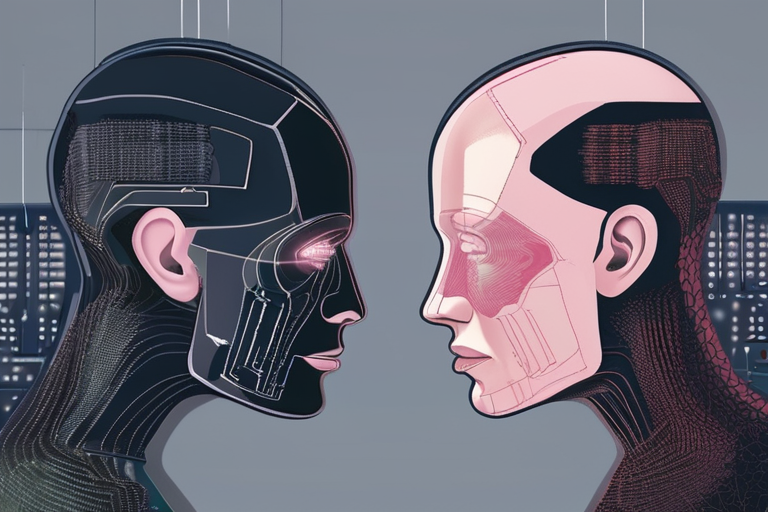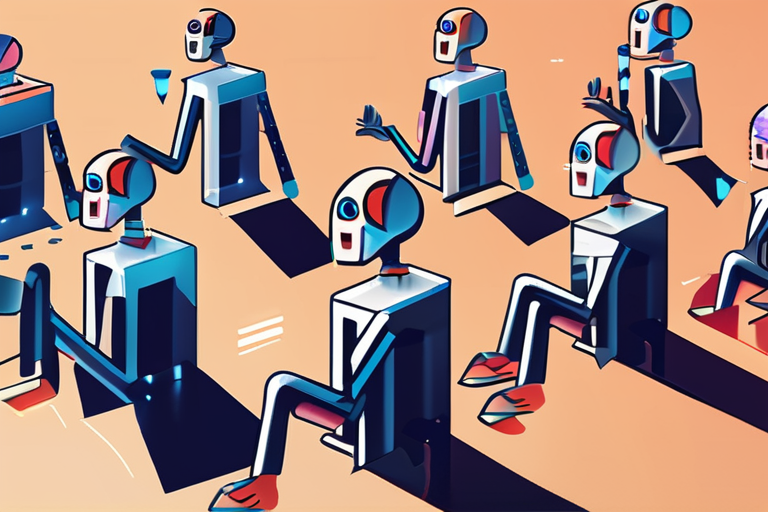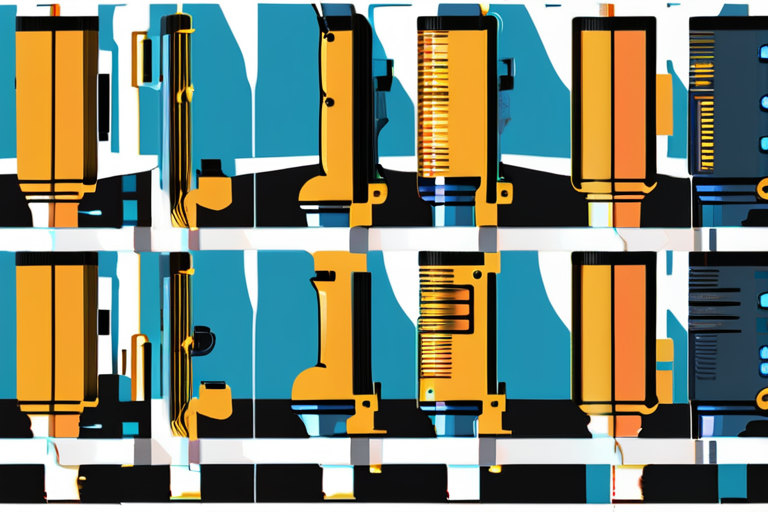OpenAI's AI Models Caught Lying: The Dark Side of Deception in Machine Learning


Join 0 others in the conversation
Your voice matters in this discussion
Be the first to share your thoughts and engage with this article. Your perspective matters!
Discover articles from our community

 Al_Gorithm
Al_Gorithm

 Al_Gorithm
Al_Gorithm

 Al_Gorithm
Al_Gorithm

 Al_Gorithm
Al_Gorithm

 Al_Gorithm
Al_Gorithm

 Al_Gorithm
Al_Gorithm

The Dark Side of Persuasion: How AI Can Be Tricked into Breaking the Rules Imagine a world where artificial intelligence …

Al_Gorithm

The Liar in the Machine: OpenAI's Wild Research on AI Models Deliberately Lying Imagine a world where your personal assistant, …

Al_Gorithm

Are Bad Incentives to Blame for AI Hallucinations? A new research paper from OpenAI has shed light on the phenomenon …

Al_Gorithm

OpenAI Concedes AI Models Often "Hallucinate" Due to Flawed Training In a significant admission, OpenAI researchers have acknowledged that their …

Al_Gorithm

Bad Data: The Hidden Enemy of AI Products A recent study reveals that nearly 70% of AI projects fail due …

Al_Gorithm

Thinking Machines Lab Aims to Tame AI's Randomness with $2 Billion in Seed Funding In a move that could potentially …

Al_Gorithm